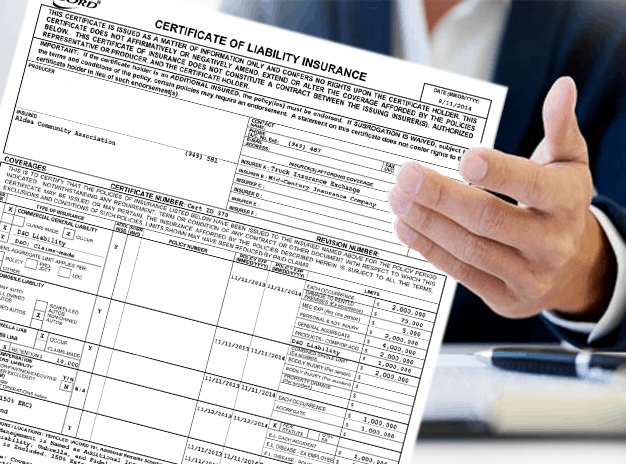Holiday rental owners are required to have adequate insurance in place to protect their paying guests and staff. In addition, it is highly recommended to insure the holiday rental in case of damage or fire.
Holiday Rental Insurance: Overview
Holiday let insurance differs from standard home insurance. If you occupy your property for fewer than 120 days per year, it’s considered a second home. If the property is a second home then you need specialised home insurance.
Hholiday let insurance includes additional coverage to protect against financial risks associated with renting out your property. It’s designed to safeguard you from the specific challenges of running your home as a business.
This type of insurance provides coverage for situations not typically covered by standard home insurance. To give you an accurate quote, your provider will likely ask for more detailed information than you would provide for regular home insurance.
Your holiday let insurance provider will assess various risks based on the details you provide, including:
– Property security
– Location
– Rebuilding costs
– Property age and structure
– Employers’ liability cover
– No-claims discounts
– Lifestyle
– Contents valuation
– Excess
With holiday let insurance, it’s crucial to protect yourself from risks like damage caused by guests and ensure public liability coverage in case a guest has an accident on your property.

Holiday Rental Public Liability Insurance
Public liability insurance protects holiday let owners from legal expenses and compensation costs arising from accidents guests may experience while on your property. Whether it’s an electric shock, a trip or slip, or an injury by the poolside, any incident could have significant consequences for both the guest and the property owner.
While most holidays are trouble-free and enjoyable, if a guest suffers a serious injury on your property, you, as the owner, could be held liable for negligence and expected to cover compensation costs. Depending on the severity of the injury and the guest’s circumstances, the resulting expenses could be life-altering.
Public Liability Insurance – Legally Required?
Public liability insurance safeguards the property owner by covering legal and compensation fees that may arise from such incidents, which in extreme cases, could lead to bankruptcy.
If a guest believes you are negligent—such as due to poorly fitted carpets, loose fixtures, or poorly maintained equipment—you could be held responsible for their injury.
The legal fees alone can be extremely high before even reaching a settlement, which is why public liability insurance is essential for both peace of mind and effective financial planning.
Although public liability insurance isn’t a requirement for renting out your holiday property, many savvy renters may consider it when choosing where to stay. Therefore, in addition to the financial protection it offers, having this insurance could give your property an edge and help you attract more guests.
Holiday Rental Insurance: Costs
There are many factors that will affect the price of your Holiday Rental Insurance including location, house value and risk profile. The cost of this type of insurance ranges from £200-£700 per year.
:
- Age of Property
Older properties will typically mean a higher premium as they are perceived as my risky due to age of the building. Listed Buildings will also incur an additional cost to the premium. - Location
Location is a big factor in determine risk for insurers for holiday lets and general insurance. Properties located in urban areas will often come with a higher premium. - Insurance Bundled with Mortgage
Mortgage companies will often try to upsell insurance packages with the mortgage. These are typically more expensive than stand alone insurance premiums.
Holiday Rental Contents Insurance
Holiday rental owners should have contents insurance to protect their property and belongings from potential damage or theft caused by guests. While some OTAs offer host protection policies, these may not cover all types of damage or losses, particularly those involving personal possessions, such as furniture, electronics, or artwork. Having contents insurance ensures that hosts are financially safeguarded if their property is damaged during a guest’s stay. It also provides peace of mind, knowing that in case of unforeseen incidents—like accidental spills, breakages, or even malicious actions—their investments are protected. Additionally, it can help hosts avoid the financial strain of having to repair or replace valuable items, making it a crucial part of responsible hosting.
YourCompliance – Complete Compliance Solution for Holiday Rental Owners & Managers
Recurring Annual Certificates
Automated compliance for hassle-free annual certification management
Book a 15 Minute Holiday Rental Compliance Consultation
Get a one-to-one call with our compliance team



